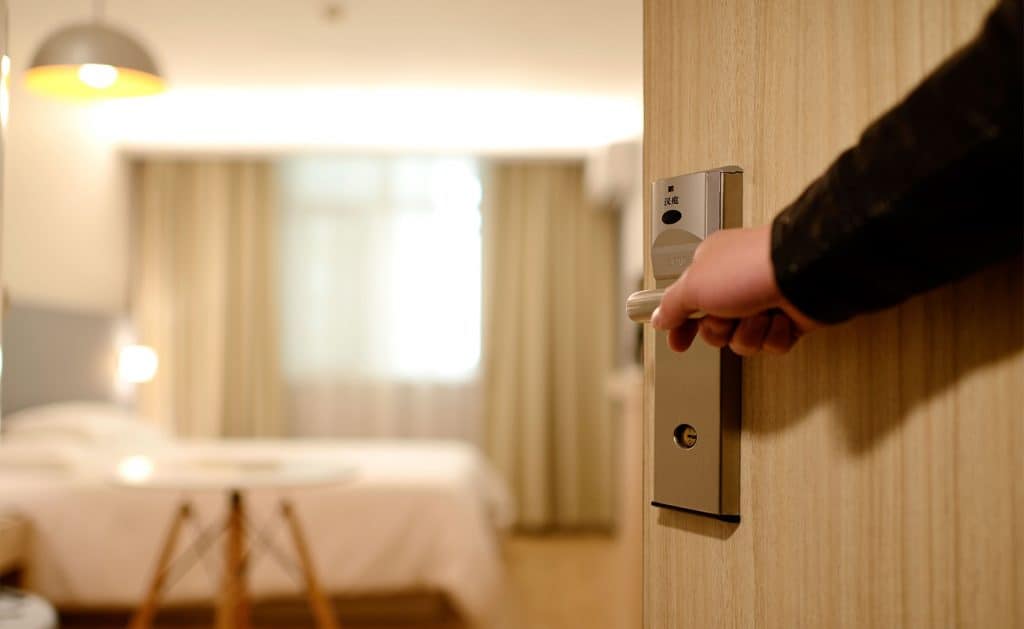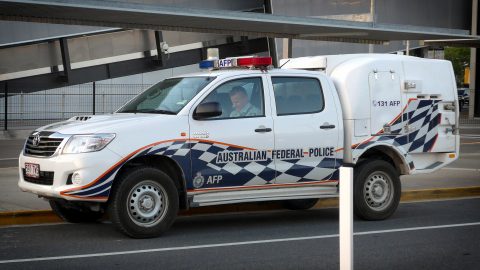All accommodation providers have multiple stories about unwanted Guest(s) they wish they never had to stay. These are unwanted guests that commit fraud, cause damage, steal, participate in illegal activity, or leave your accommodation facility in a squalid condition. So how do you identify these guests prior to their arrival? What are some policies and practices you can put in place at your point of Reservation, that at least, makes it tougher for these Rogue Guests to get through the front door?

1. CASH IS NO LONGER KING
Dealing in cash payments facilitates the movement of undesirables to occur under the radar. Insist on an electronic transaction of a Debit Card or Credit Card, for at least a deposit on the accommodation, if not the full payment. Make sure your guest understands, that they will be required to present the same credit card on arrival and that the ID provided will need to match the credit card presented. If you take Corporate bookings, or another person has booked and paid on the Guest’s behalf, and the credit/debit card used will not be available on arrival, you can use a Credit/Debit Card Authority form to authorise the processing of the transaction.
2. SECURITY OR BOND DEPOSIT HELPS RECOUP DAMAGES AND INCIDENTALS
If you don’t take a security deposit already, it might be worth considering. Options available:
a. Cash Deposit on arrival, that can be returned to the Guest on departure once the accommodation has been checked, and any mini-bar items noted minus any incidentals and/or claims
b. Take a pre-authority hold against a Credit/Debit Card for the sum of your required security deposit. This places a hold on the Guest’s card for the designated amount. If you need to make a claim against the pre-authority for part or full payment due to damages or incidentals you have that ability.
3. NO PHOTO ID, NO CHECK IN
There should be very few guests that have a legitimate reason not to be carrying government-issued identification. Exceptions do occur, but these bookings are usually facilitated by an Agency (eg: Domestic Abuse Emergency Relocation Agencies). Accommodation Providers should have the ability to copy and store the ID to your booking system or at least with the Guest Registration Form. Government-issued photo identifications that are considered to be appropriate are:
- State or Country Issued Drivers Licence
- State or Country Issued Aged 18+ Cards
- Country Issued Passports
- State or Country Issued Pensioner Cards
- Military Identification Cards



